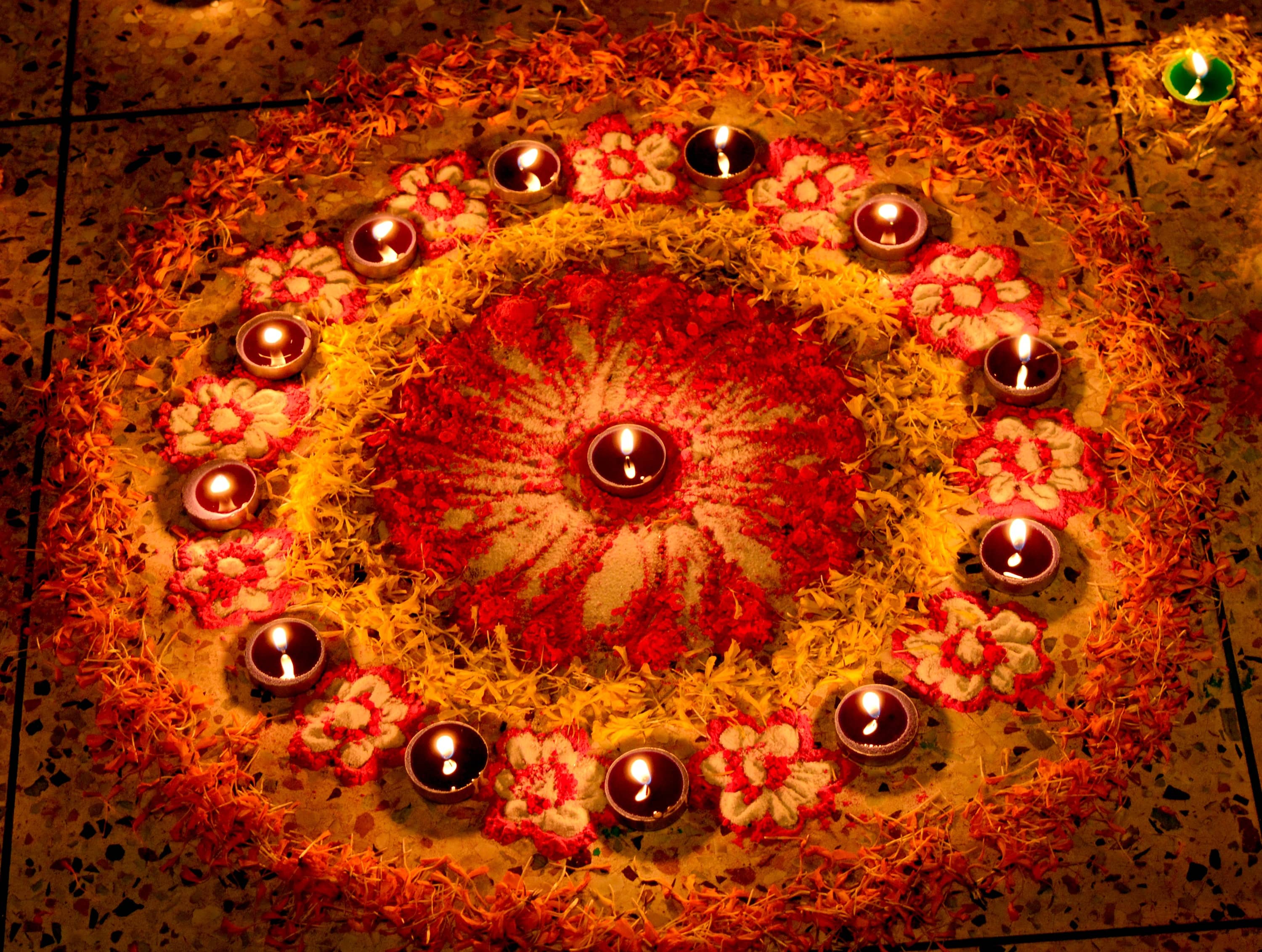
What is Diwali and why is it celebrated?
Diwali is celebrated as per the lunisolar Hindu calendar and usually falls in mid-October and mid-November on Kartik Amavasya. The festival is extended over five days, beginning with Dhanteras on October 22 and ending with Bhai Dooj on October 26. This year, Diwali falls on Monday, October 24.
A festival marked by four days of celebration, Deepawali or Diwali is the brightest and the most significant festival in Indian culture. It illuminates the country with its brilliance and dazzles people with its joyous celebration.
One of the most pious occasions , Diwali is celebrated not only in India but also in southern Asia and in different parts of the world by Hindus, Sikhs and Jains for a variety of reasons. The festival, which coincides with the Hindu New Year, celebrates new beginnings and signifies light over darkness. According to the Hindu calendar, Diwali falls in the month of Kartik on the 15th day and on each of the four days of Diwali people witness distinct and well-defined traditions with a sense of joy and goodness.
The festival of lights is commonly celebrated by decorating homes with candles and lamps, observing religious rituals, exchanging gifts and wishes to one another and bursting of firecrackers. However, to minimize the depletion of air quality in India, Supreme Court issued an order to burst only ‘green crackers’ between the time range of 8-10 PM.
History and Origin of Diwali:
Historically, Diwali can be traced back to ancient India. It is most likely a festival of lights which began as an important harvest festival that stretches back more than 2,500 years. However, various legends are associated with the origin of Diwali. Many of these stories are about the triumph of good over evil.
Credit to : Sadhguru
Credit to : #Sadhguru
Credit to :Inside Edition

